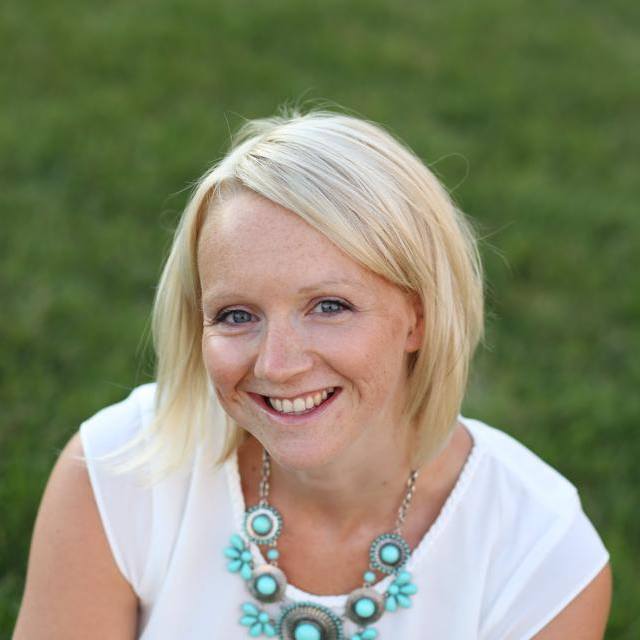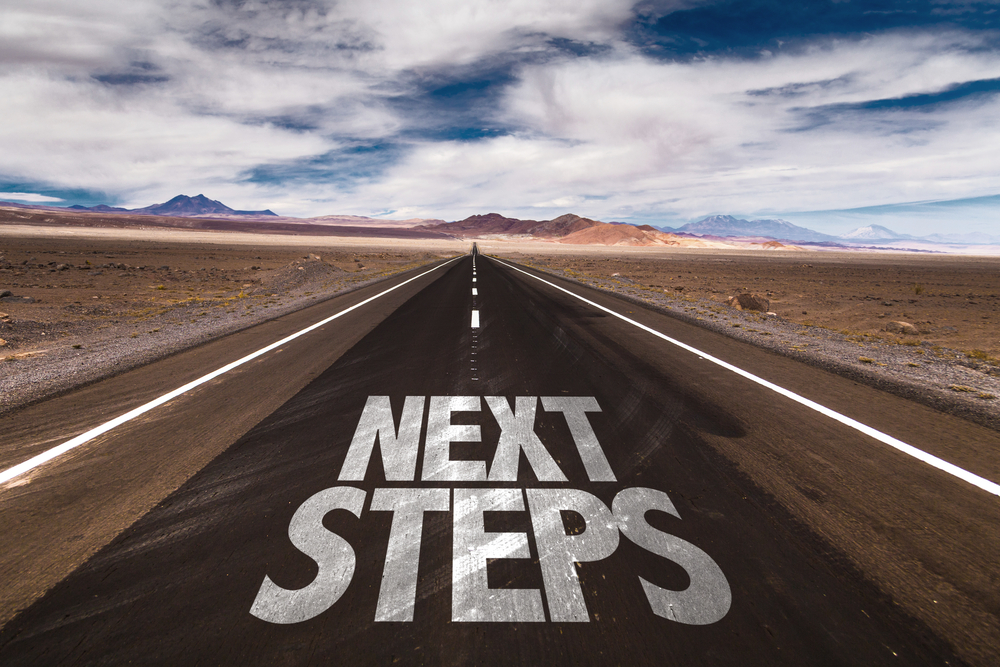Today, everyone seems to be looking for the next big thing, the quick fix, or the new solution. But sometimes, the answer isn’t found in a formula but in a relationship, an exchange of words, and a way of being.
Leadership is a hot topic. I have watched countless TedTalks, videos, read articles, written school papers and taken courses on the subject of leadership. Each holds its own view of what leadership means, what it can do for you, your business and the future. But taking the time to understand and develop your leadership style can transform the way you work, interact with others and ultimately your ability to impact and influence the world around you. I have learned from my own experience in working on tough community issues that leadership styles which encourage collaboration and relationship building are essential and that in most collaborative efforts, the nature of leadership required will change over time.
I have found that the practice and theory of Transformational Leadership, first introduced by James MacGregor Burns, is particularly well-suited to advancing the work of community change. Transformational Leadership is defined as: a process in which "leaders and followers help each other to advance to a higher level of morale and motivation” (p.1).
Over time, the practice of Transformational Leadership has evolved to include a clearly described, a four-part process to become a transformational leader. This process takes leadership beyond the typical exchange of directions and expectations moving to develop relationship, trust, loyalty and mutual respect. Transformational leadership offers both leaders and ‘followers’ the opportunity to challenge the norm and achieve greater outcomes and success together. The four-part process includes the following:
1. “Creating an inspiring vision of the future.
2. Motivating people to buy into and deliver the vision.
3. Managing delivery of the vision.
4. Building ever-stronger, trust-based relationships with your people.”
My belief that leadership doesn’t end with a good theory or set of skills. It has to become a ‘way of being’ that you incorporate into every decision, interaction and belief. Theories, models of engagement, and skills can only take you so far. To have true impact you must commit and continuously strive to imbed them into how you live your life as a leader.
Take for example the concept of engagement. Engagement can be seen as a simple interaction with someone, or can be adopted as a belief that the person you are engaging with has just as much to bring to the table as you do, that the need for relationship with them is important and that what you can accomplish together is better than if it were done separately. It’s that simple to move from a theory to a way of being and from checking off a to-do item to successfully meeting the needs of those you work with.
I have the privilege of working with an amazing leader who happens to follow aspects of transformational leadership. In traditional terms she would be considered my boss and I technically work for her, however, that is not the type of relationship or culture she has created at our place of work. She leads from the front by setting an example, providing room for growth, and offering inspiration. Yet she also knows when to lead from the back by offering support, protecting us, and allowing us to take the reins and develop our skills as leaders. This type of leadership has been instrumental in developing my confidence, skills, and willingness to take on new projects and responsibilities. Management has the ability to meet deadlines and targets, leadership has the ability to move mountains. I think Peter Drucker said it best, “management is doing things right; leadership is doing the right things.”
One of the greatest limitations to cultivating leadership in the workplace occurs when skills, knowledge and opportunity are not passed on and developed in others. How often do we see great leaders leave an organization in ruin because they didn’t pass on their skill sets, develop the staff team, or share their leadership secrets? Your greatest accomplishment as a leader isn’t that you can lead, it is whether or not you can build up other leaders and inspire them to do great things themselves. Don’t believe me? Let’s consider parenthood. The goal of being a parent isn’t to be able to say you are/were a good parent, it is to know that you have passed on your skills and knowledge to your child and provided them with opportunities and inspiration to do great things themselves. This is leadership in action…it’s what we need to aspire to when working with others.
Sometimes I think it is easy to get stuck holding onto concepts, theories and previous ways of leading or managing because they are familiar, easy or established. However, I have learned that just because a concept is familiar or currently ‘working’ does not mean that it is always the best way to operate. Learning and unlearning (letting go) can be challenging, but it also has the ability to move you past where you are to where you want to be…
So today, in the spirit of nurturing your own leadership capacity, I challenge you to reflect on these 4 things:
1. What is my leadership approach?
2. Do I share my knowledge, skills, and help develop others?
3. Is my leadership imbedded in everything I do or a set of skills I employ?
4. What skills do I need to develop to be the leader I want to be, and the leader others need?
Learn More
The Theory and Practice of Transformational Leadership





